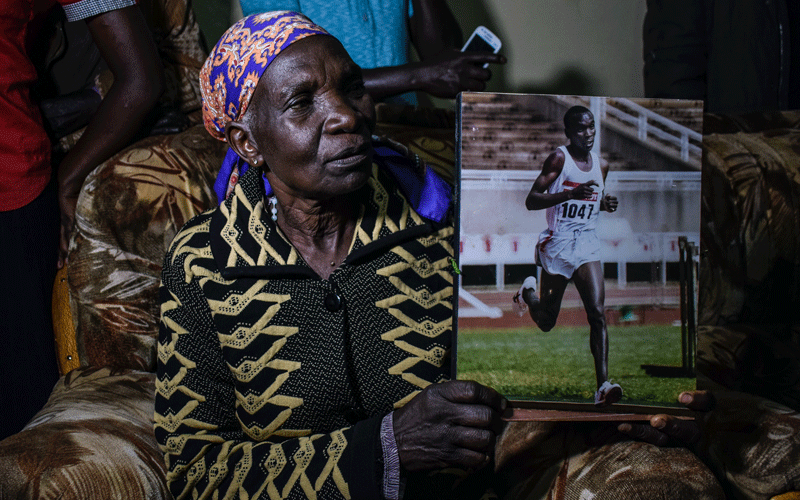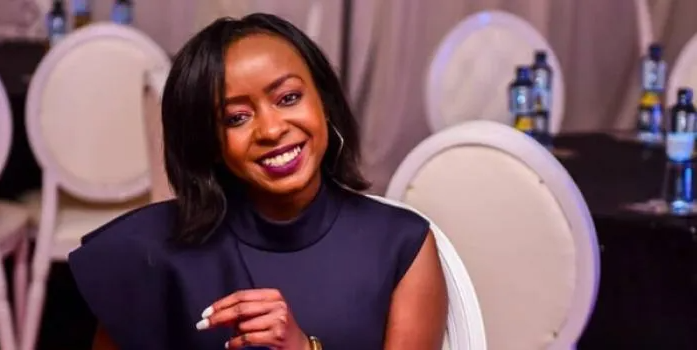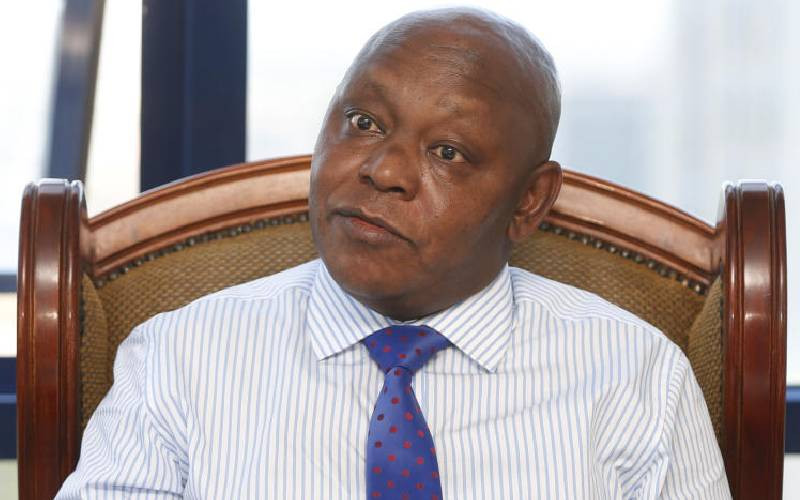World marathon champion Eliud Kipchoge has spoken candidly about his upbringing by a single father and how it shaped him into the outstanding person he is today.
In an interview with Believe in the Run on Wednesday, August 25, Kipchoge, who now holds the record for finishing a marathon under two hours at the 2019 Ineos race, said that growing up without a father had a significant impact on his actions.

The youngest child in a family of four, Kipchoge claimed that, in contrast to other kids, he was given virtually little attention growing up. He claimed that the few attention he received inspired him to work harder to attract attention to himself.
He asserted, however, that his mother raised him in the perfect way without a father figure.
“Growing up without a father contributed a lot to my working hard. When you have less attention, not like other people, then you need to work extra, extra. But all in all, I don’t complain because I was taken care of and that is why I’m here now. But I still advocate and believe that working hard is the only way to achieve more in this world,” Kipchoge told Believe in the Run.
In a previous interview with Parents Africa, Kipchoge said he never had the chance to see his father and that he and his mother never talked about it when they were younger.
“I grew up in a humble, single-parent home as the last-born of four children. My mum was a widow. I never met my father. He passed on before I was born and it’s not something I discussed with my mum growing up,” Kipchoge stated.
Kipchoge also praised his trainer Patrick Sang, who took him under his wing in 2002. The three-time silver medallist was referred to as a pillar in Kipchoge’s life.
“I met Patrick Sang 18 years ago. We actually met in the same village, because we come from the same village. He used to provide me the program and the facilities. But after one year, then I actually joined the camp where communication is situated now in Camp Iten. I received many advice such as coaching advice, business advice.”
Adding;
“Patrick has really been a pillar in my life as far as sport is concerned. As far as socially is concerned , as far as anything else business-wise is concerned. So he is a strong pillar and I can say I’m lucky to have met him.”
The marathon king also disclosed his aspirations for giving back to society. According to Kipchoge, work has begun on a library that can house 500 kids.
“I’m building a huge library in my home area now, a very huge one which can accommodate 500 students. It is a library to actually put books and the students will actually have to be able to access the resources,” Kipchoge noted.
He has acquired vast tracts of land where he would plant trees as part of his climate advocacy, which entails other activities as well.
“On the other hand, where I’m training half the time of conserving the environment, I took that hundred and thirty acres of the forests to plant indigenous trees as one way of actually helping climate change.”
The story of how Kipchoge became the first person to complete a marathon in under two hours is the subject of the current television documentary “Kipchoge: The Last Milestone.”





